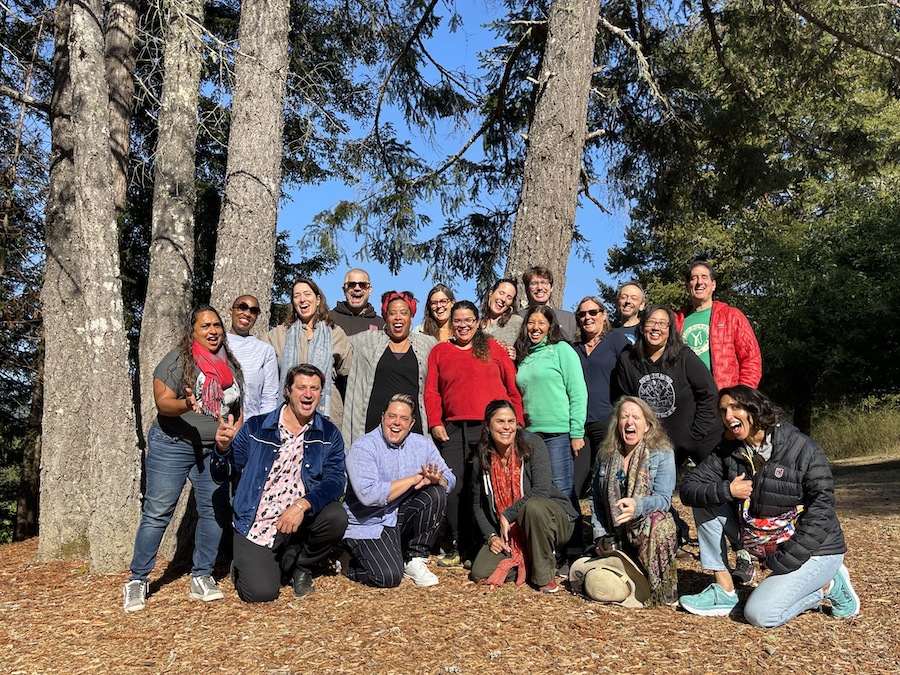Month: October 2022
“It’s Not Just About Moving Money.” How Solidaire Is Challenging Wealth, Power and Privilege
“It’s Not Just About Moving Money.” How Solidaire Is Challenging Wealth, Power and Privilege

“It’s not just about moving money to front-line activists,” said Ingrid Benedict, the chair of Solidaire’s board of directors. “It’s about my own transformation around wealth, power and privilege.” Abigail Disney’s Daphne Foundation, for which Benedict serves as director, is an institutional Solidaire member.
Dawn Wolfe of Inside Philanthropy wrote an article featuring Solidaire Network and Solidaire Action. Wolfe tells the history of our network, shares our collective power to fund movements, and explores how we are pushing the field from philanthropy to wealth redistribution.
In a philanthrosphere that all too frequently sticks to its own status quo, the Solidaire Network seems to be a dynamic, risk-friendly organization willing to take on several things at once: moving money quickly to support urgent needs; providing enduring support to build the capacity of front-line nonprofits fighting for social change, and challenging wealth holders to go well beyond awarding grants or writing checks. Its model also seems to be increasingly attractive. The network’s membership has more than doubled in the past three years, from 122 in 2019 to 311 so far in 2022.
She interviews Solidaire Board members Sam Jacobs, Ingrid Benedict, and Executive Director Vini Bhansali.
Sam Jacobs, a Solidaire board member and one of its younger members, represents the latest wave of shifting attitudes toward inherited wealth. Jacobs, who is under 30, has garnered mainstream media coverage for his efforts to get control of his inherited wealth so he can give it away more quickly. Jacobs, who was in high school when the Occupy protests began, said that Solidaire’s staff of sharp organizers allow people like him to make meaningful contributions to social movements “without giving us the keys to the car,” by letting donors set the agenda for the nonprofits they support.
Anecdotes aren’t data, but Jacobs said that in his experience, he isn’t alone. “We’ve seen an increasing number of people say, ‘Look, I’m receiving an inheritance. I have this unearned wealth. I want to redistribute it; I want it to go to social movements,’” he said.
Younger wealth holders aren’t the only ones rethinking their relationship with money and privilege. Whether they’re individuals or institutions, young or old, Bhansali said that Solidaire’s members share similar attitudes about their wealth and what they should do with it. Solidaire members “see themselves as a participant in a social project that is trying to fundamentally end economic injustice.”
Read the full article, “It’s Not Just About Moving Money.” How Solidaire Is Challenging Wealth, Power and Privilege, here.
